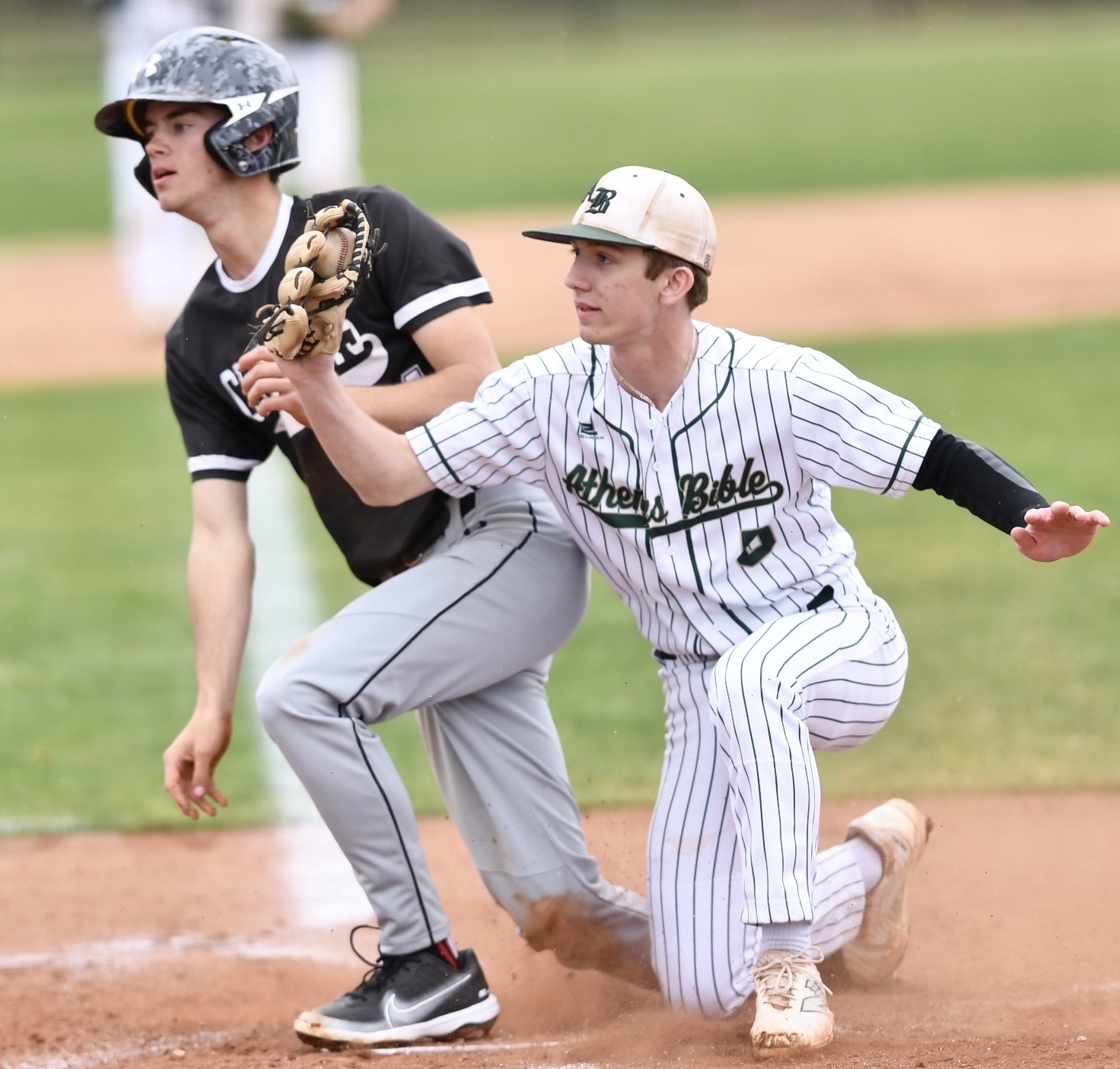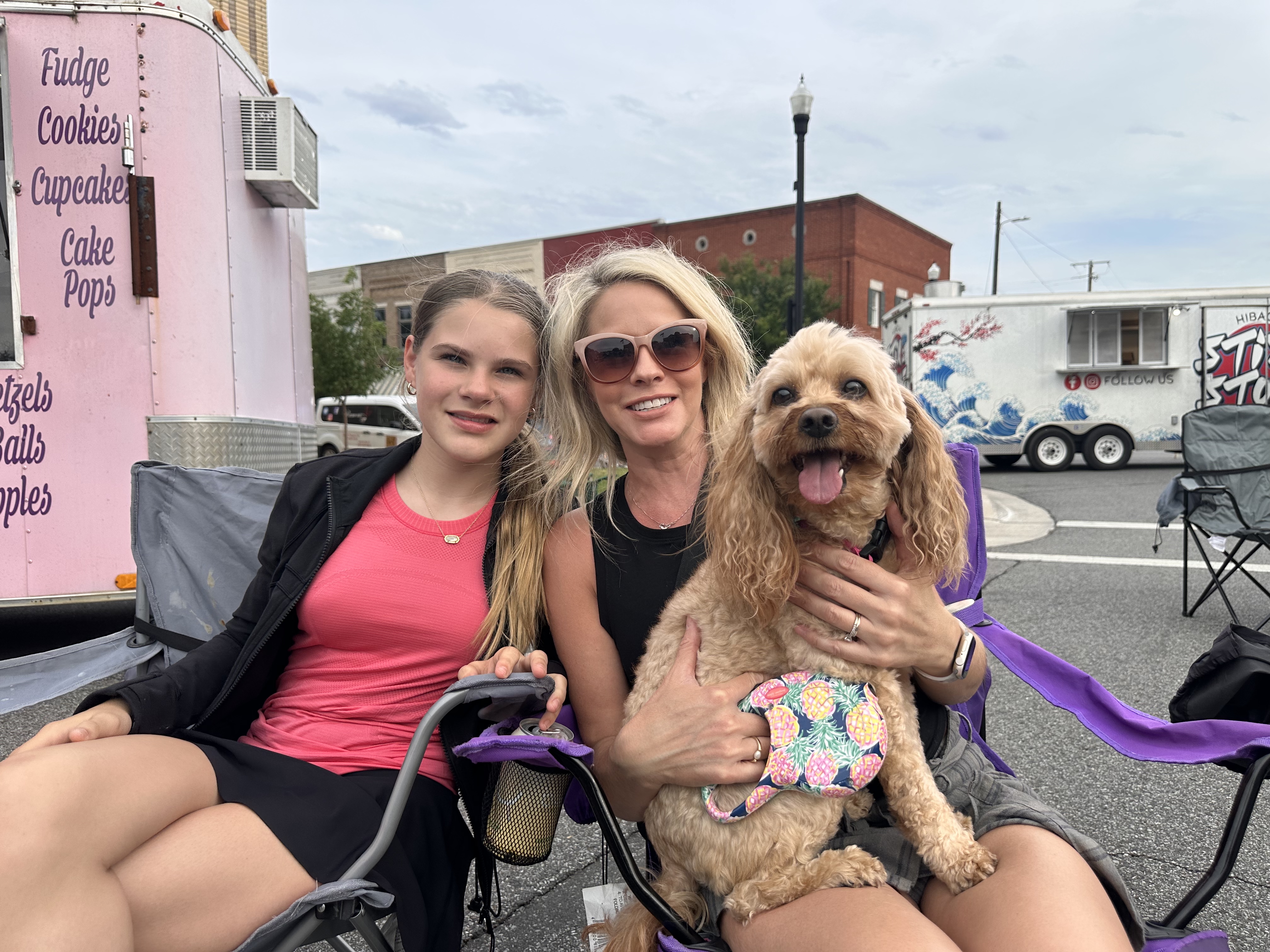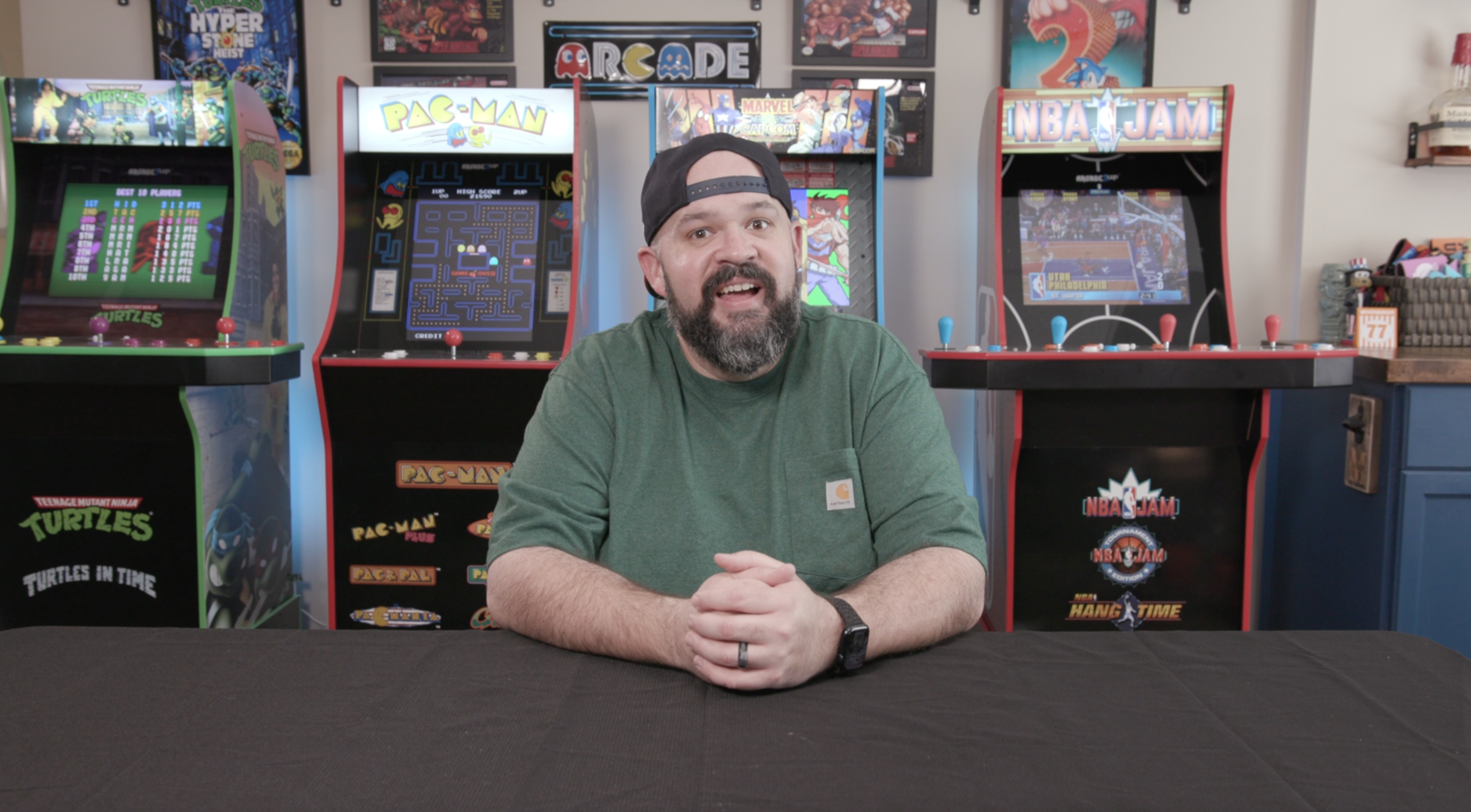Security concerns high as Olympic torch arrives in San Francisco after chaos in Paris relay
Published 11:31 am Tuesday, April 8, 2008
SAN FRANCISCO (AP) — The Olympic torch arrived for its only North American stop amid heavy security Tuesday, a day after its visit to Paris descended into chaos and activists here scaled the Golden Gate Bridge to protest China’s human rights record.
Meanwhile, International Olympic Committee president Jacques Rogge said the body’s executive board would discuss Friday whether to end the international leg of the Beijing Olympic torch relay because of widespread protests.
The torch’s global journey was supposed to highlight China’s growing economic and political power. But activists opposing China’s human rights policies and a recent crackdown on Tibet have been protesting along the torch’s 85,000-mile route since the start of the flame’s odyssey from Ancient Olympia in Greece to Beijing, host of the 2008 Summer Olympics.
Rogge told The Associated Press he was “deeply saddened” by violent protests in London and Paris and concerned about the relay in San Francisco, where activists expressed fears that the torch’s planned route through Tibet would lead to arrests and violent measures by Chinese officials trying to stifle dissent.
The flame arrived in San Francisco shortly before 4 a.m. and was immediately put in a vehicle to be whisked away to a secret location, San Francisco Olympic Torch Relay Committee spokesman David Perry said. Security was heightened because several protests were planned before the torch’s six-mile relay Wednesday.
“We treated it like a head of state visit,” airport spokesman Mike McCaron said.
Already, one runner who planned to carry the flame during the San Francisco relay dropped out because of safety concerns, Perry said. The person was not identified, but Perry said he understood the concern.
Three people climbed the Golden Gate Bridge on Monday and tied the Tibetan flag and two banners to its cables. The banners read “One World One Dream. Free Tibet,” and “Free Tibet 08.” They later climbed down and bridge workers cut down the signs.
The bridge protest’s organizers said they would remain faithful to their mission of nonviolence during the torch relay. They said they wanted to take full advantage of the international spotlight to get their message out.
“This is a life-or-death situation for Tibetans,” said Yangchen Lhamo, an organizer of the banner-hanging who is on the board of directors of Students for a Free Tibet.
Olympic organizers canceled the final leg of the Paris run Monday after demonstrators scaled the Eiffel Tower, grabbed for the flame and forced security officials to repeatedly snuff out the torch and transport it by bus. China condemned the protests as “despicable” but vowed to continue the relay to the end.
French President Nicolas Sarkozy told reporters Tuesday it was sad spectacle, but that protests are normal in a democratic country.
Foreign Minister Bernard Kouchner, a longtime human rights activist turned diplomat, said he understood the protesters, but said that France’s goal of new talks between China and Tibetan leaders was dealt a setback.
“Yesterday, the answer moved farther away,” Kouchner told reporters at a news conference. “Our answer — and we French do what we can — is a resumption of dialogue between the Chinese and the Dalai Lama.”
San Francisco officials said they were developing a plan that strikes a balance between protesters’ rights to express their views and the city’s ability to host a safe torch ceremony.
U.S. Olympic Committee Chairman Peter Ueberroth said in a statement the event was “an important moment for the city to show its character, hospitality and commitment to peace and tolerance.”
“It must provide a proper forum for the peaceful expression of opinions and dissent. And it must safely and respectfully welcome the flame and honor the U.S. athletes and other participants who will carry the torch,” Ueberroth said.
Mayor Gavin Newsom and the police department said they reserved the right to adjust the flame’s route, slated to run along San Francisco Bay, if necessary, but a spokesman dismissed rumors the relay would be canceled. The air space above the city will be restricted during the relay, a federal aviation spokesman said.
After San Francisco, the torch is scheduled to travel to Buenos Aires, Argentina, and then to a dozen other countries. It is scheduled to enter mainland China on May 4 for the host country’s portion of the relay.
——
Associated Press writer John Marshall contributed to this report.





